- Home
Page 3
Page 3
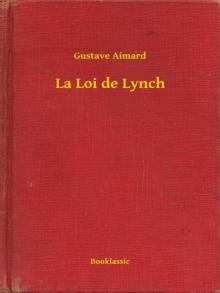 La loi de lynch. English
La loi de lynch. English The Guide of the Desert
The Guide of the Desert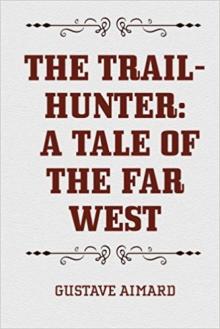 The Trail-Hunter: A Tale of the Far West
The Trail-Hunter: A Tale of the Far West The Pirates of the Prairies: Adventures in the American Desert
The Pirates of the Prairies: Adventures in the American Desert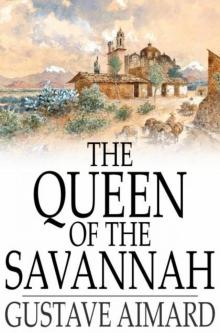 The Treasure of Pearls: A Romance of Adventures in California
The Treasure of Pearls: A Romance of Adventures in California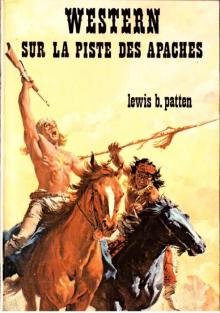 Les outlaws du Missouri. English
Les outlaws du Missouri. English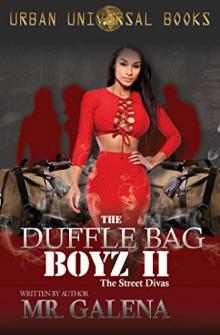 Les trappeurs de l'Arkansas. English
Les trappeurs de l'Arkansas. English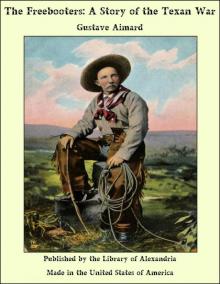 The Border Rifles: A Tale of the Texan War
The Border Rifles: A Tale of the Texan War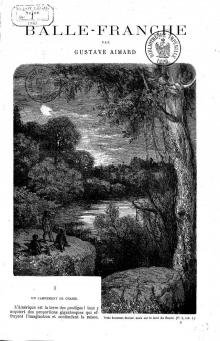 Balle-Franche. English
Balle-Franche. English The Queen of the Savannah: A Story of the Mexican War
The Queen of the Savannah: A Story of the Mexican War The Red Track: A Story of Social Life in Mexico
The Red Track: A Story of Social Life in Mexico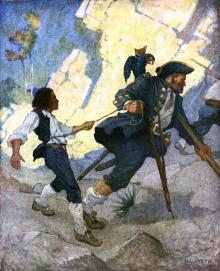 La fièvre d'or. English
La fièvre d'or. English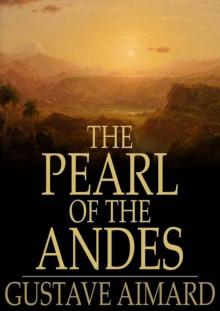 The Pearl of the Andes: A Tale of Love and Adventure
The Pearl of the Andes: A Tale of Love and Adventure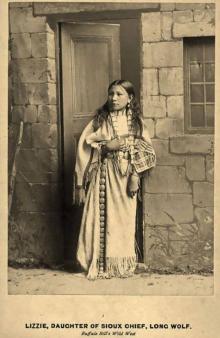 Les fils de la tortue. English
Les fils de la tortue. English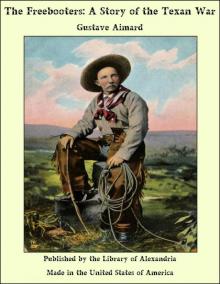 The Indian Chief: The Story of a Revolution
The Indian Chief: The Story of a Revolution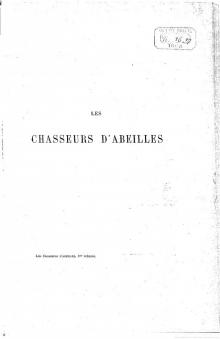 Les chasseurs d'abeilles. English
Les chasseurs d'abeilles. English The Adventurers
The Adventurers